The one for the future of urban mobility
“The future of mobility depends on the shape our world will take. World economy, politics, society. It is exceptionally difficult to foresee all these things. Everything is possible.”
The 20th century, we were mainly focused on growing our cities, more infrastructures, more mobility, on providing more welfare to its citizens…
We lived that world in a very unfair way. We could say that North America and Europe lived on the expense of the rest of the world.
In 2008, (by a series of unfortunate events) the world very suddenly realized that this hyper consumption model would not take us anywhere.
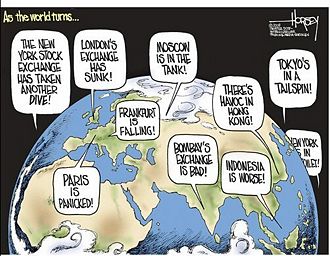
Today in 2014
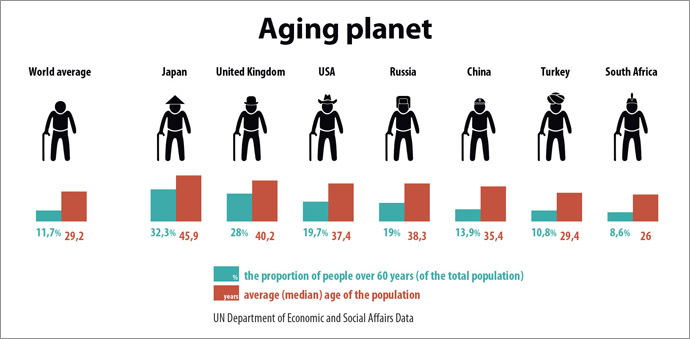
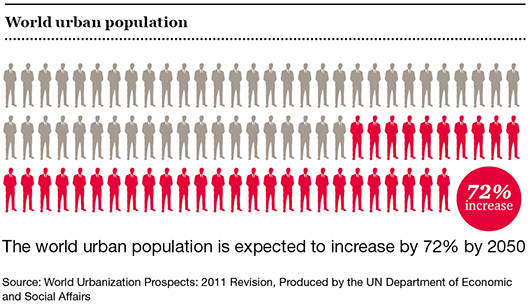
(source:UN Department of Economic and Social Affairs)
Our needs are changing. But the world is also changing.
The growing need for sustainability (in terms of economy, environment and society) lead the cities in plans and solutions that would never cross the mind of people and politicians during the 20th century. We changed the way we build: green building, that produce their own electricity, recycle their own water, use the natural light and eventually they cost less in the long-term perspective. We have also decided that we should live closer to other people (which is also the reason why we build cities in the first place).
Living close to others, gave us the opportunity to share our things: our tools, our cars, our offices, our time…Which is great, if you consider the economic crisis and the polluted planet. But the major impact of sharing our goods, services and space is its footprint in the society. A society which is experiencing one of the worst crisis ever. Through “sharification” we learned to trust our neighbors, our colleagues or even totally strangers sometimes. We have a “renewed faith in the society”.
But this didn’t happend from one day to another. The boom of technology is affecting and will affect our lives and our cities more and more. We talk all the time about smart cities after all! Technology has changed our lives in a very radical way: the "smartphones’ way". We can “meet” people from around the world that we were never able before. We have access to information/ places/ things that we never had before, whenever we want and as often as we want. The internet of things and our smartphones gave us this opportunity. It offered us the chance to trust again and revealed our human characteristics that we lost somewhere in the road of urbanization and consumerism.
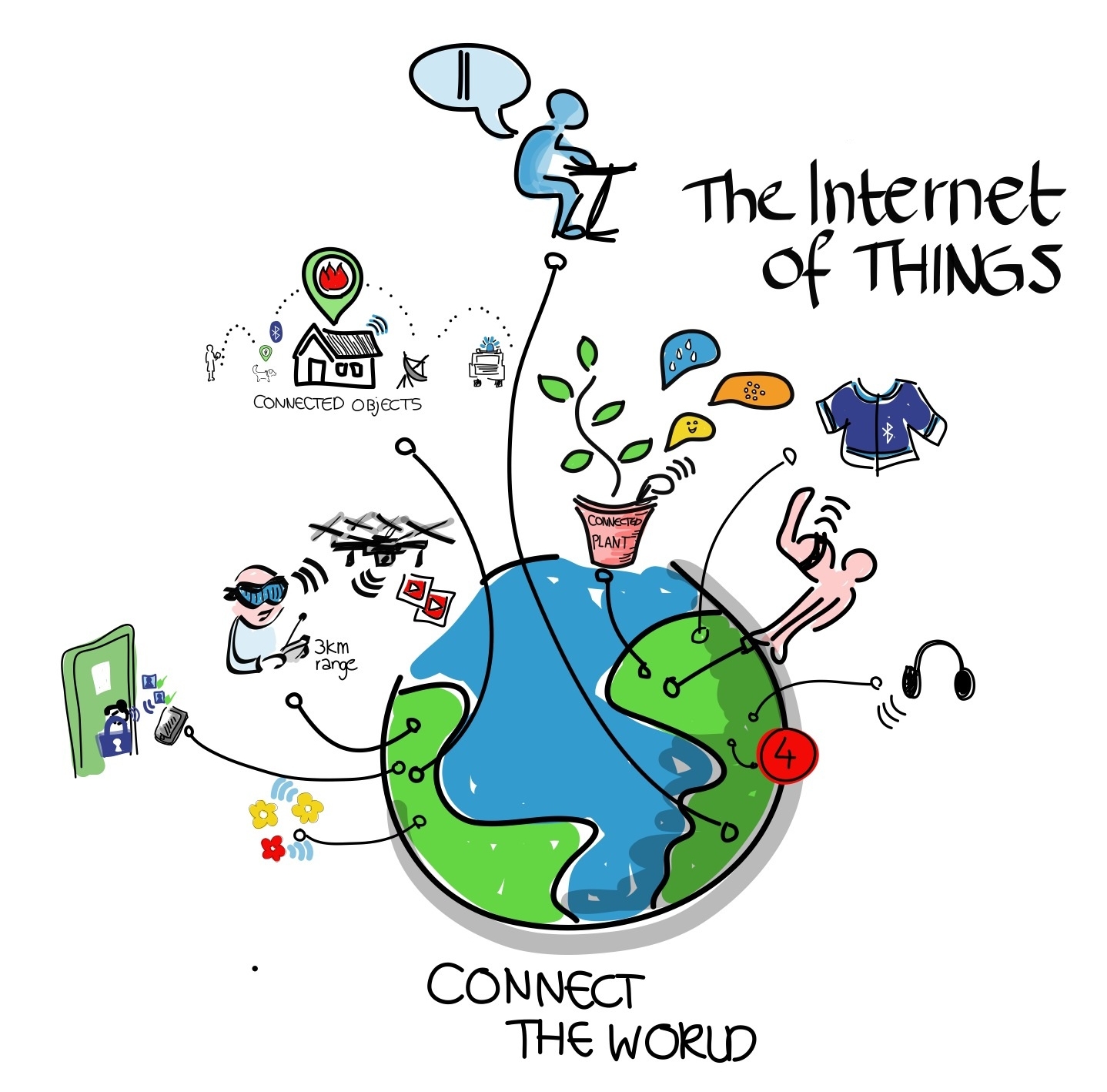

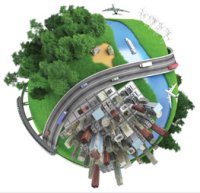


I think that the new reality of cities (sustainability) along with the boom of technology and the uptake of sharing are some of the factors that will affect the future of mobility. We can already observe the changes: smart transportation, self-driving cars, carsharing, e- carsharing, bikesharing, shared taxis…
And it is only the beginning…

The 20th century, we were mainly focused on growing our cities, more infrastructures, more mobility, on providing more welfare to its citizens…
We lived that world in a very unfair way. We could say that North America and Europe lived on the expense of the rest of the world.
In 2008, (by a series of unfortunate events) the world very suddenly realized that this hyper consumption model would not take us anywhere.

Today in 2014
- We live in a world that is becoming urbanized with unbelievable rhythm. After all it is admitted that Earth is an urban planet
- We also live in a world that is ageing. In 2000, for the first time in history, there were more people over age 60 than children below age 5. The number and proportion of older persons is growing faster than any other age group, and will surpass 1 billion people in a few years.
- Our society is strongly affected by the economic crisis.


(source:UN Department of Economic and Social Affairs)
Our needs are changing. But the world is also changing.
The growing need for sustainability (in terms of economy, environment and society) lead the cities in plans and solutions that would never cross the mind of people and politicians during the 20th century. We changed the way we build: green building, that produce their own electricity, recycle their own water, use the natural light and eventually they cost less in the long-term perspective. We have also decided that we should live closer to other people (which is also the reason why we build cities in the first place).
Living close to others, gave us the opportunity to share our things: our tools, our cars, our offices, our time…Which is great, if you consider the economic crisis and the polluted planet. But the major impact of sharing our goods, services and space is its footprint in the society. A society which is experiencing one of the worst crisis ever. Through “sharification” we learned to trust our neighbors, our colleagues or even totally strangers sometimes. We have a “renewed faith in the society”.
But this didn’t happend from one day to another. The boom of technology is affecting and will affect our lives and our cities more and more. We talk all the time about smart cities after all! Technology has changed our lives in a very radical way: the "smartphones’ way". We can “meet” people from around the world that we were never able before. We have access to information/ places/ things that we never had before, whenever we want and as often as we want. The internet of things and our smartphones gave us this opportunity. It offered us the chance to trust again and revealed our human characteristics that we lost somewhere in the road of urbanization and consumerism.





I think that the new reality of cities (sustainability) along with the boom of technology and the uptake of sharing are some of the factors that will affect the future of mobility. We can already observe the changes: smart transportation, self-driving cars, carsharing, e- carsharing, bikesharing, shared taxis…
And it is only the beginning…

Stay Informed
When you subscribe to the blog, we will send you an e-mail when there are new updates on the site so you wouldn't miss them.


Comments